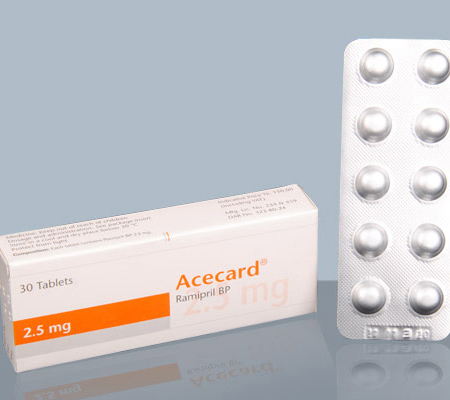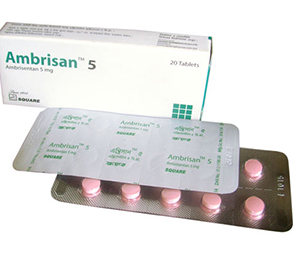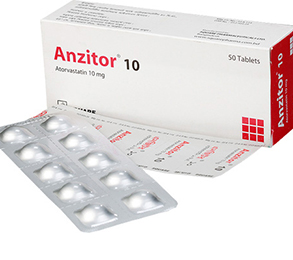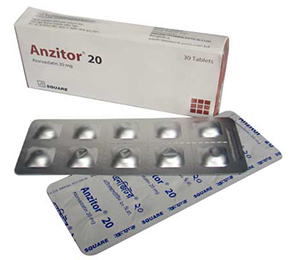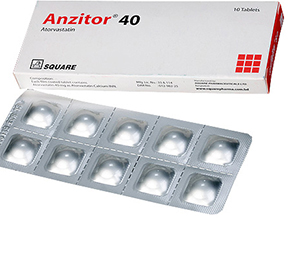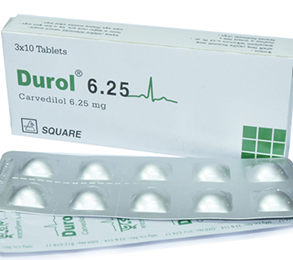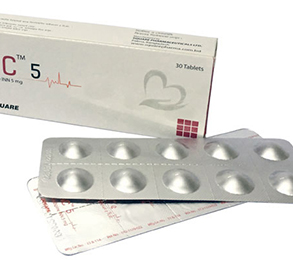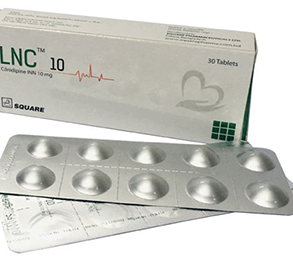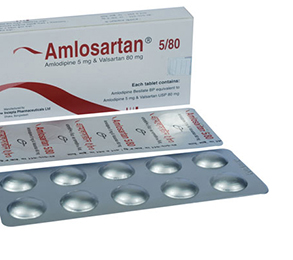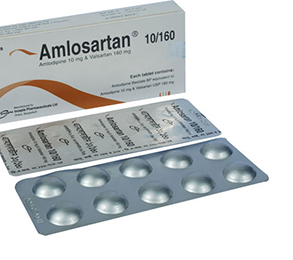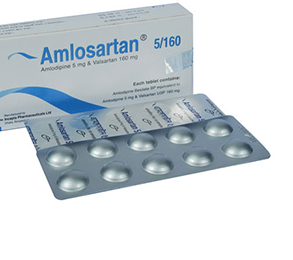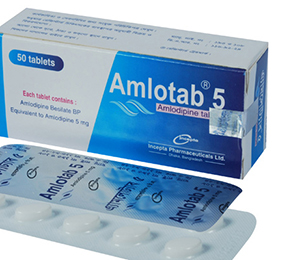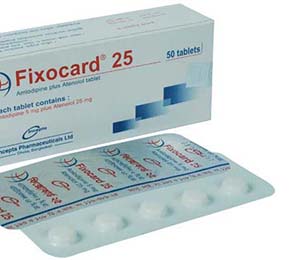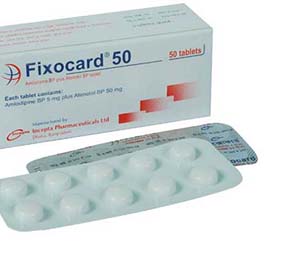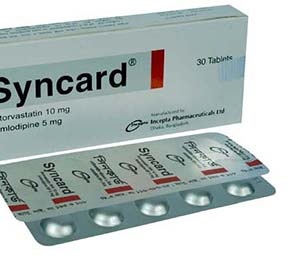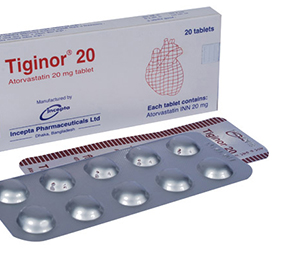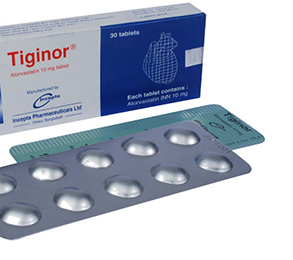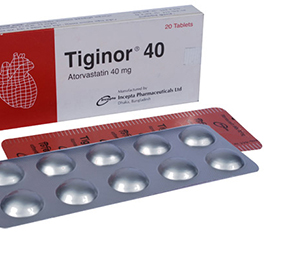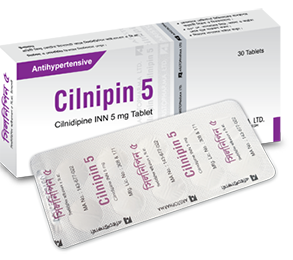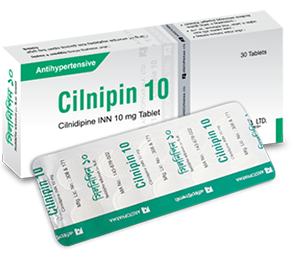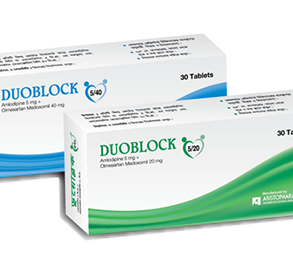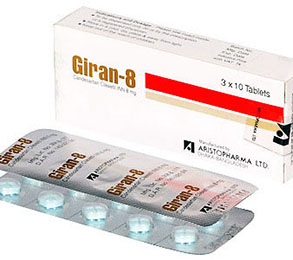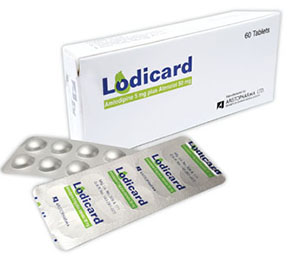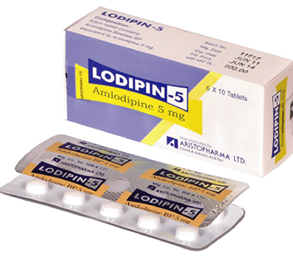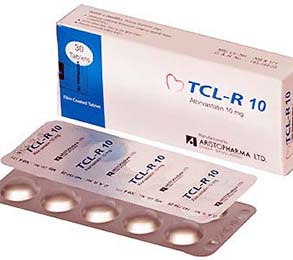Acecard 2.5mg 10 Pcs
Price:
50 ৳
Generic Name:
Type:
Tags:
Local
Quantity:
Alternative products
Share:
Indications
Ramiprilis indicated in the following cases:
- Mild to severe hypertension
- Congestive Heart failure.
- To reduce the risk of stroke, myocardial infarction and death from cardiovascular events in patients with a history of cardiovascular disease.
- Proteinuric non-diabetic nephropathy.
* চিকিৎসকের পরামর্শ অনুযায়ী ঔষধ সেবন করুন
Therapeutic Class
Angiotensin-converting enzyme (ACE) inhibitors
Pharmacology
Ramipril is an angiotensin converting enzyme (ACE) inhibitor, which after hydrolysis to ramiprilat, blocks the conversion of angiotensin I to the vasoconstrictor substance, angiotensin II. So, inhibition of ACE by ramipril results in decreased plasma angiotensin II, which leads to decreased vasopressor activity and decreased aldosterone secretion. Thus ramipril exerts its antihypertensive activity. It is also effective in the management of heart failure and reduction of the risk of stroke, myocardial infarction and death from cardiovascular events. It is long acting and well tolerated; so, can be used in long term therapy.
Dosage & Administration
Dosage of Ramipril must be adjusted according to the patient tolerance and response.
Hypertension: For the management of hypertension in adults not receiving a diuretic, the usual initial dose of Ramipril is 1.25 - 2.5 mg once daily. Dosage generally is adjusted no more rapidly than at 2 week intervals. The usual maintenance dosage in adults is 2.5 - 20 mg daily given as a single dose or in 2 divided doses daily. If BP is not controlled with Ramipril alone, a diuretic may be added.
Congestive heart failure after myocardial infarction: In this case, Ramipril therapy may be initiated as early as 2 days after myocardial infarction. An initial dose of 2.5 mg twice daily is recommended, but if hypotension occurs, dose should be reduced to 1.25 mg twice daily. Therapy is then titrated to a target daily dose of 5 mg twice daily.
Prevention of major cardiovascular events: In this case, the recommended dose is 2.5 mg once daily for the first week of therapy and 5 mg once daily for the following 3 weeks; dosage then may be increased, as tolerated, to a maintenance dosage of 10 mg once daily.
Hypertension: For the management of hypertension in adults not receiving a diuretic, the usual initial dose of Ramipril is 1.25 - 2.5 mg once daily. Dosage generally is adjusted no more rapidly than at 2 week intervals. The usual maintenance dosage in adults is 2.5 - 20 mg daily given as a single dose or in 2 divided doses daily. If BP is not controlled with Ramipril alone, a diuretic may be added.
Congestive heart failure after myocardial infarction: In this case, Ramipril therapy may be initiated as early as 2 days after myocardial infarction. An initial dose of 2.5 mg twice daily is recommended, but if hypotension occurs, dose should be reduced to 1.25 mg twice daily. Therapy is then titrated to a target daily dose of 5 mg twice daily.
Prevention of major cardiovascular events: In this case, the recommended dose is 2.5 mg once daily for the first week of therapy and 5 mg once daily for the following 3 weeks; dosage then may be increased, as tolerated, to a maintenance dosage of 10 mg once daily.
* চিকিৎসকের পরামর্শ অনুযায়ী ঔষধ সেবন করুন
Interaction
With Diuretics: Patients on diuretics, especially those in whom diuretic therapy was recently instituted, may occasionally experience an excessive reduction of blood pressure after initiation of therapy with ramipril.
With Potassium Supplements and Potassium-sparing Diuretics: Ramipril can attenuate potassium loss caused by thiazide diuretics. Potassium-sparing diuretics (spironolactone, amiloride, triamterene, and others) or potassium supplements can increase the risk of hyperkalemia.
Other: Neither ramipril nor its metabolites have been found to interact with food, digoxin, antacid, furosemide, cimetidine, indomethacin, and simvastatin. The combination of ramipril and propranolol showed no adverse effects on dynamic parameters (blood pressure and heart rate). The co-administration of ramipril and warfarin did not adversely affect the anticoagulant effects of the latter drug.
With Potassium Supplements and Potassium-sparing Diuretics: Ramipril can attenuate potassium loss caused by thiazide diuretics. Potassium-sparing diuretics (spironolactone, amiloride, triamterene, and others) or potassium supplements can increase the risk of hyperkalemia.
Other: Neither ramipril nor its metabolites have been found to interact with food, digoxin, antacid, furosemide, cimetidine, indomethacin, and simvastatin. The combination of ramipril and propranolol showed no adverse effects on dynamic parameters (blood pressure and heart rate). The co-administration of ramipril and warfarin did not adversely affect the anticoagulant effects of the latter drug.
Contraindications
It is contraindicated in patients who are hypersensitive to any component of this product and in patients with a history of angioedema related to previous treatment with a ACE inhibitor.
Side Effects
Ramipril is generally well tolerated. Dizziness, headache, fatigue and asthenia are commonly reported side effects. Other side effects occurring less frequently include symptomatic hypotension, cough, nausea, vomiting, diarrhoea, rash, urticaria, oliguria, anxiety, amnesia etc. Angioneurotic oedema, anaphylactic reactions and hyperkalaemia have also been reported rarely.
Pregnancy & Lactation
If pregnancy is detected, ramipril should be discontinued as early as possible unless continued use is considered life saving. Ramipril should not be used during lactation.
Precautions
Ramipril should be used with caution in patients with impaired renal function, hyperkalaemia, hypotension, and impaired hepatic function.
Overdose Effects
Limited data on human overdosage are available. The most likely clinical manifestations would be symptoms attributable to hypotension. Because the hypotensive effect of Ramipril is achieved through vasodilation and effective hypovolemia, it is reasonable to treat Ramipril overdosage by infusion of normal saline solution.
Use in Special Population
Dosage in renal impairment: For the patients with hypertension and renal impairment, the recommended initial dose is 1.25 mg Ramipril once daily. Subsequent dosage should be titrated according to individual tolerance and BP response, up to a maximum of 5 mg daily. For the patients with heart failure and renal impairment, the recommended dose is 1.25 mg once daily. The dose may be increased to 1.25 mg twice daily and up to a maximum dose of 2.5 mg twice daily depending upon clinical response and tolerability.
Use in children: No information is yet available on the use of Ramipril in children.
Use in children: No information is yet available on the use of Ramipril in children.
Storage Conditions
Store at cool & dry place, protect from light and moisture.
- Type Tablet
- Tag
- Morbi leo risus
- Porta ac consectetur ac
- Vestibulum at eros
Related products
Ambrisan 5
40.13 ৳
Anzitor 10mg
120 ৳
Anzitor 20mg
200 ৳
Anzitor 40mg
280 ৳
Durol
30 ৳
Lnc 5
70 ৳
Lnc 10
90 ৳
Amlotab Tablet 5 mg
50 ৳
Fixocard 25
52 ৳
Fixocard 50
60 ৳
Syncard Tab
Telmidip 80 5 Tab
120 ৳
Tiginor 20mg Tab
Tiginor 10mg Tab
Tiginor 40 Tab
Cilnipin 5 Tab
70 ৳
Cilnipin 10 Tab
90 ৳
Duoblock 5+20
100 ৳
Giran 8
60 ৳
Lodicard 5+50mg
60 ৳
Lodipin 5
50 ৳
